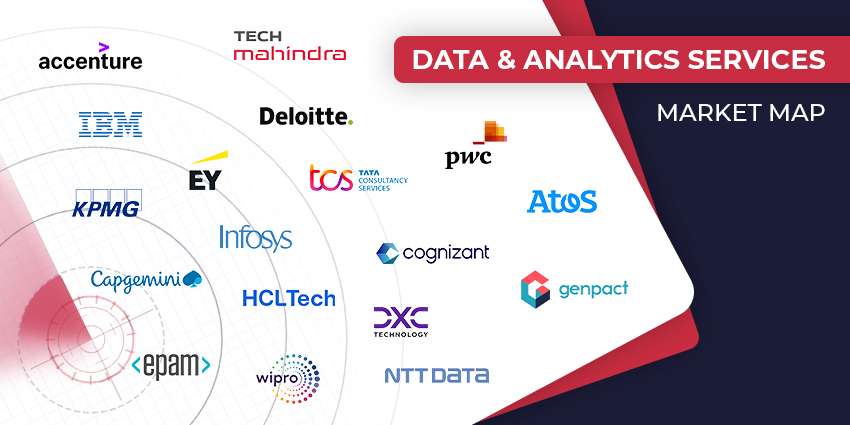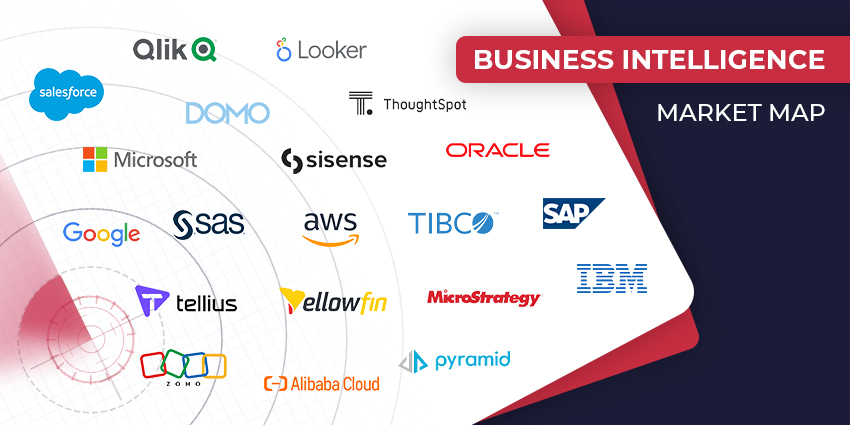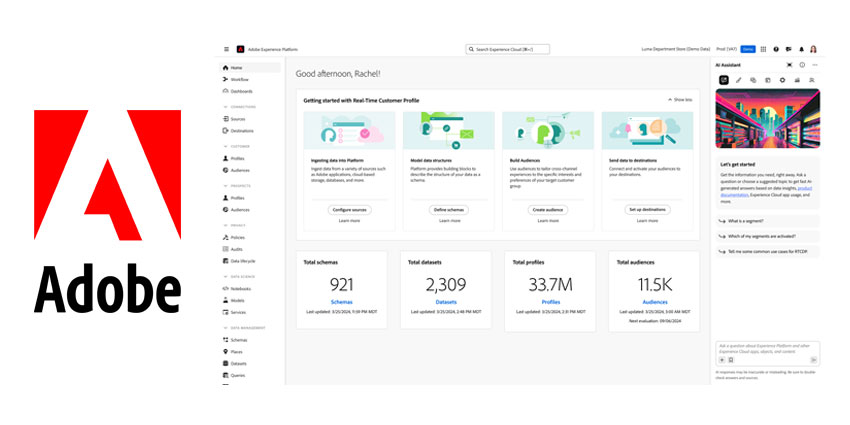Social media giant TikTok may be forced out of the US market, after the US House of Representatives voted overwhelmingly in favor of a bill aimed at tackling perceived customer data concerns.
The bill stipulates that TikTok’s Chinese parent company, ByteDance, would be required to sell its controlling stake in TikTok within six months, or else the app will be blocked in the US.
While the bill still must secure approval in the Senate, if it does, US President Joe Biden has promised to sign it.
The legislation has been introduced following concerns about how the platform uses customer data, with ByteDance being beholden to a national security law that requires Chinese companies to share their data with the government on request.
TikTok has denied these accusations, with Chief Executive, Shou Zi Chew, promising that customers’ data is secure and stating that the company is “free from outside manipulation.”
So, how important is data security and privacy to customers?
Customers Value Their Data
With the technological advancements that have made it easier to collect different types of customer data, and the ability of AI-powered tools to manipulate data in new – and potentially dangerous – ways, customers are becoming more wary and protective of their data.
A KPMG study on corporate data responsibility revealed that 86% of US adults consider data privacy to be a growing concern, with 68% worried about the amount of data being collected by businesses.
The IAPP – a global information privacy community – recently conducted its own research across 19 countries, which highlighted that customers were ready to turn these concerns into action.
The report emphasized the need for transparency, with 64% of consumers admitting to being more trusting of companies that provide clear information about their privacy policies.
The reverse of this is also true. Over 80% of customers who had previously done business with a company that had subsequently suffered a data breech, said that they were likely to stop doing business with the company in the future.
In reflecting on the findings of the report, Müge Fazlioglu – a Principal Researcher of Privacy Law and Policy at the IAPP – commented:
“Studies such as these challenge the conventional wisdom that has long assumed people don’t care about their privacy. At some point, most of us have probably heard privacy be declared dead or dying.
Yet, the argument that most people are agnostic, or worse, apathetic, about their privacy is on weak footing.
Providing customers with assurances that their data is being protected has become vital to fostering trust and enhancing the overall CX – and CCaaS providers are taking note.
Earlier this year, Zoom announced two new capabilities for its CCaaS platform, aimed at improving contact center data privacy.
Firstly, Customer Managed Key (CMK) support enables administrators to specify which types of contact center data are encrypted, providing better control over cross-channel data such as recordings, transcripts, and voicemails.
Secondly, a new personal data redaction capability automatically removes personally identifiable information (PII) from voice, video, and messaging recordings and transcripts.
These advancements enable contact centers to manage their data securely and maintain privacy without compromising the effectiveness of AI models.
With CCaaS providers focusing more heavily on data protection, it is interesting that an indirect casualty of the potential TikTok US ban could be the Oracle Cloud.
Will Contact Centers be the Real Casualty?
Although the bill has only just been passed, concerns around TikTok’s links to China and how it is using US customer data have been present for some time.
Back in 2020, then US president, Donald Trump, signed an executive order that would prevent US companies from doing business with TikTok.
Despite the order being dropped after Trump lost the election, TikTok clearly retained concerns about a future ban – entering into a $1.5 billion partnership with Oracle that would see US data housed within the Oracle Cloud.
Dubbed ‘Project Texas’, TikTok announced that Oracle would have complete control over US customer data, which would be overseen by an in-house committee approved by the U.S. government.
However, if the bill makes it through the senate and is signed by President Joe Biden, ‘Project Texas’ will become obsolete.
Not only will this be a hammer blow to Oracle, but it will also have ramifications for the wider contact center space, as TikTok’s investment would have led to the construction and operation of new data centers around the world.
Indeed, TikTok has also announced a similar model to ‘Project Texas, aimed at combatting any potential future issues with the EU, called ‘Project Clover’, which has already seen infrastructure investment in Ireland and Norway.
Discussing the fallout of the TikTok bill, Sebastian Moss – Editor-in-Chief and Publisher of DatacenterDynamics – stated:
“In reality, should the bill pass, it will probably not impact consumers too severely. TikTok’s US operations are far more likely to be sold than shut down – a change of investors, but the same service for its fans.
For the data center industry, it could be a much bigger deal, however. Oracle could lose what is undoubtedly its biggest customer – or at least, what will become its biggest customer, if and when, Project Texas is over.
The potentially catastrophic news for Oracle comes just days after announcing Q3 total cloud revenue of $5.1 billion – a company record that helped its share price hit an all-time high.
While the true impact of the bill will not be felt until/unless it is officially signed by President Biden, it is clear that it could have a major influence on the customer service and contact center sector moving forward.







